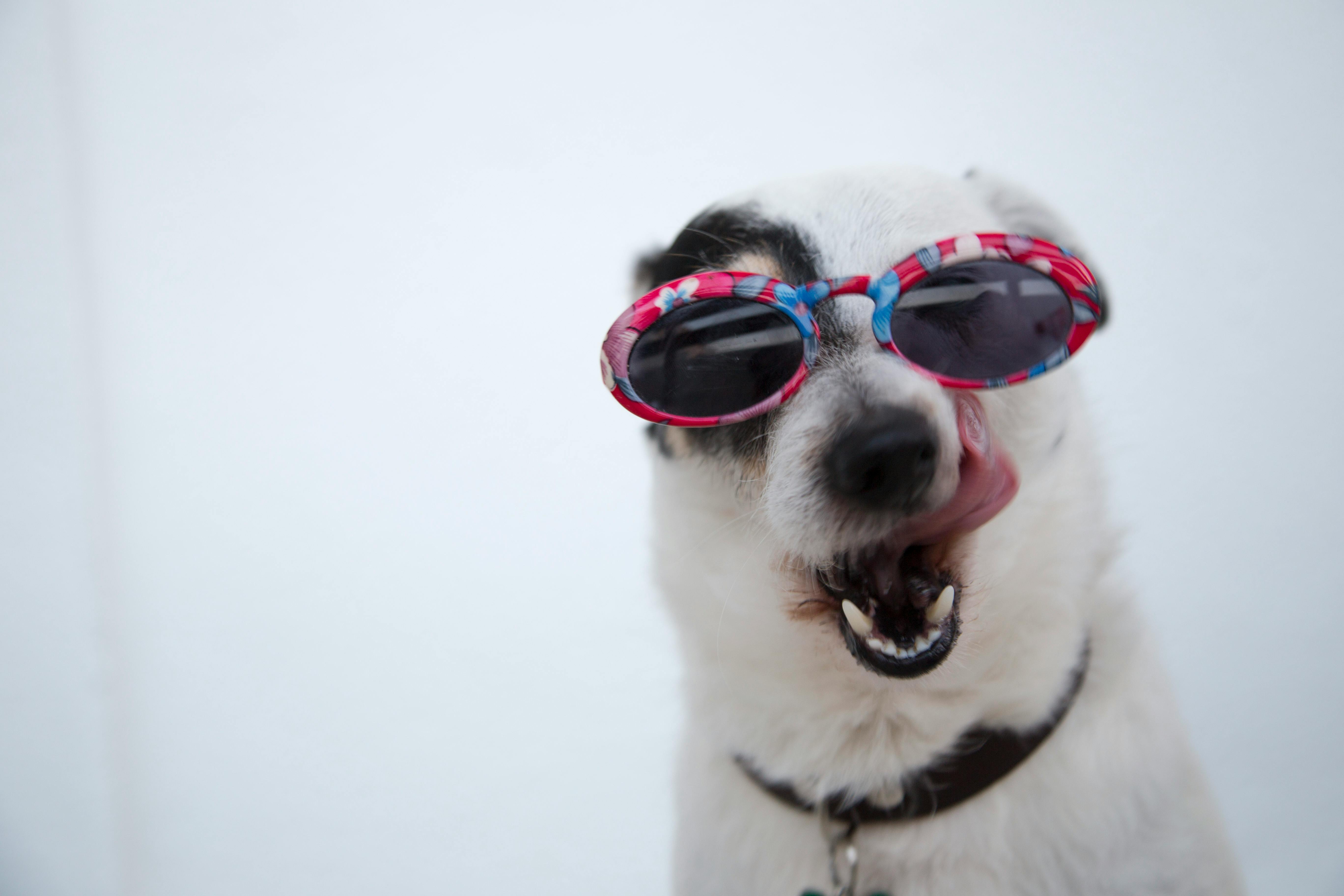As a member of the family, a dog's health is of paramount importance to its owner. Regular routine care and checkups are essential to ensure that your dog is healthy and happy. Here are some important aspects of regular checkups in your dog's daily care:

I. Body Check
Skin & Coat:
Check your dog's skin for redness, flakes, parasites (e.g. fleas, ticks) or other abnormalities.
Brush your dog's coat for hair loss, bald spots, or changes in coat color.
Eyes:
Observe that your dog's eyes are clear and bright, with no redness, tearing or discharge.
Check for foreign objects in the eyes or if the dog blinks or rubs his eyes frequently.
Ears:
Check to see if the inside of your dog's ears are clean and free of odor, excessive earwax or discharge.
Watch for frequent head shaking and ear scratching, which could be a sign of ear mites or other ear problems.
Oral cavity:
Check your dog's teeth and gums regularly for tartar, calculus or redness.
Keep an eye on your dog's breath for freshness and bad breath.
Limbs & Paws:
Check that your dog's limbs are healthy and free of swelling, pain or gait abnormalities.
Look for worn, cracked or infected paws.
II. Weight and Size Check
Regularly measure your dog's weight to monitor changes.
Observe whether the dog is well-proportioned, without excessive obesity or thinness.
III. Behavior and Health Habits Observation
Pay attention to the dog's state of mind, whether it is active and active, and whether its appetite is normal.
Observe the dog's defecation habits, including the frequency of defecation, the shape and color of the feces.
Pay attention to whether the dog has any abnormal behavior, such as excessive licking of a certain area, frequent scratching, etc.
IV. Professional examination
Take your dog to the vet regularly for professional checkups, including blood tests, urine tests, etc. to get a full picture of your dog's health.
Depending on the age, breed and health condition of the dog, consult the veterinarian whether vaccination, deworming or other preventive measures are required.
V. Precautions
Make sure your dog is in a relaxed state during any examination or care to avoid unnecessary stress or injury.If any abnormal symptoms or behaviors are found in your dog, contact your veterinarian immediately for diagnosis and treatment.
By conducting the above checkups on a regular basis, owners can detect their dog's health problems in time and take appropriate treatment measures, thus ensuring that their dogs can grow up healthy and happy. At the same time, this can also enhance the trust and intimacy between the owner and the dog.






Leave a comment
All comments are moderated before being published.
This site is protected by hCaptcha and the hCaptcha Privacy Policy and Terms of Service apply.